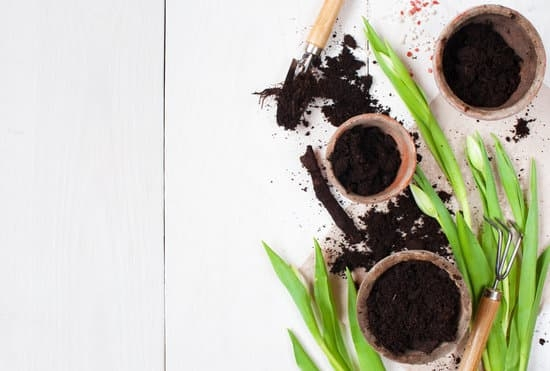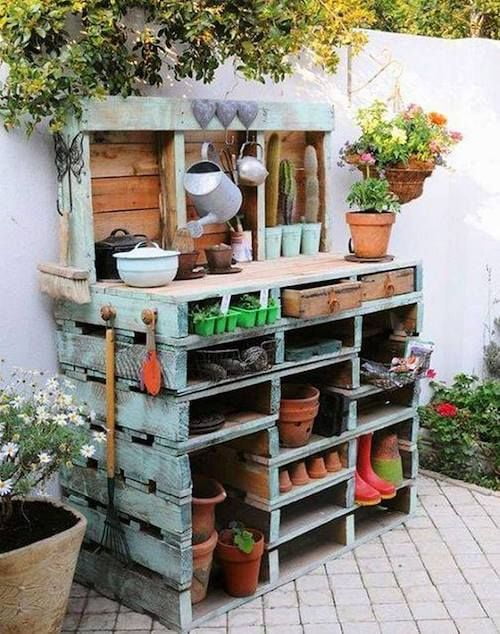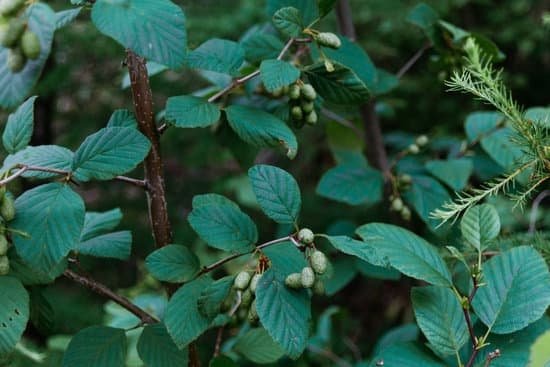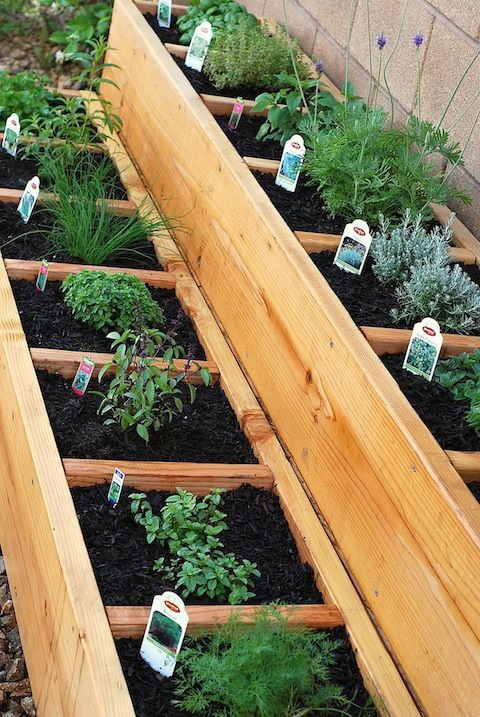Organic Gardening Tips Pinterest
Organic gardening is a great way to get back to nature and grow your own food. By using organic methods, you can avoid using harsh chemicals that can be harmful to your plants, your family, and the environment. Here are a few tips to help you get started:
1. Start with a healthy soil. The health of your plants starts with the health of your soil. Add organic matter to your soil to improve its fertility and drainage.
2. Use mulch. Mulch helps to keep the soil healthy by suppressing weeds and retaining moisture. It also helps to prevent erosion.
3. Choose the right plants. Not all plants are suited for organic gardening. Choose plants that are resistant to pests and diseases.
4. Practice crop rotation. Crop rotation helps to maintain the health of the soil by rotating different types of crops in different locations each year.
5. Use organic fertilizers. Organic fertilizers are made from natural ingredients and are safe for plants and the environment.
6. Use organic pesticides. Organic pesticides are made from natural ingredients and are safe for plants and the environment.
7. Keep your tools clean. Clean tools help to prevent the spread of disease and pests.
8. Be patient. Organic gardening takes time and patience. But the results are worth it!
Dirt Doctor Organic Gardening Tips
Welcome to the Dirt Doctor Organic Gardening Tips blog. This blog is devoted to organic gardening information and advice. Our goal is to help you create a beautiful, healthy garden using organic methods.
Organic gardening is becoming more and more popular, as people become more aware of the dangers of chemical pesticides and fertilizers. Organic gardening is not only safer for your family and pets, but it is also better for the environment.
In this blog, we will offer tips and advice for organic gardeners of all levels of experience. We will discuss everything from basic organic gardening methods to more advanced topics such as composting and vermiculture.
We hope you will find this blog helpful and informative. Thank you for visiting!
Organic Gardening Tips In Tamil
Organic gardening is the process of growing fruits, vegetables and flowers without the use of synthetic fertilizers, pesticides or herbicides. Organic gardening can be done in your backyard, or on a larger scale in a commercial setting.
There are a few things you can do to make your garden organic:
1. Use natural fertilizers such as compost, manure or fish emulsion.
2. Avoid using pesticides, herbicides or synthetic fertilizers.
3. Use crop rotation to prevent soil depletion.
4. Mulch your garden to prevent weeds and retain moisture.
5. Choose heirloom varieties of fruits and vegetables, which are naturally pest-resistant.
6. Keep your garden healthy and free of pests and diseases by using organic methods like crop rotation, Companion planting and crop covers.
If you’re just getting started with organic gardening, it’s a good idea to do some research first. There are plenty of resources available online and in libraries. You can also join a local organic gardening group or visit a local nursery that specializes in organic gardening.
Organic Gardening Tips And Tricks
Organic gardening is a great way to garden without using any synthetic chemicals. It can be a bit more challenging than traditional gardening, but the results are worth it. Here are some tips and tricks to help you get started with organic gardening.
1. Choose the right plants. Not all plants are suited for organic gardening. Some plants, like tomatoes, are easy to grow organically, while others, like broccoli, are a bit more challenging. Do your research to find out which plants are the best fit for organic gardening.
2. Amend your soil. One of the key principles of organic gardening is to use organic matter to amend your soil. This can be done by adding compost or mulch to your soil. This will help to improve the texture and fertility of your soil.
3. Use natural pest control. One of the benefits of organic gardening is that you can use natural methods to control pests. This can include using organic pesticides or using beneficial insects to control pests.
4. Water wisely. One of the challenges of organic gardening is that you need to water your plants more carefully. You don’t want to drown your plants, but you also don’t want them to wither away. Find the right balance of watering and you will be rewarded with healthy plants.
5. be patient. One of the things that sets organic gardening apart from traditional gardening is the fact that it takes longer to see results. Don’t be discouraged if your plants don’t seem to be growing as quickly as you would like. With time and patience, you will see results.
Organic Tomato Gardening Tips
Tomatoes are a member of the nightshade family, and are a warm-season crop. They are a popular garden vegetable because they are relatively easy to grow, and they are a versatile ingredient in many recipes. There are many different varieties of tomatoes, and they come in a range of colors, sizes, and shapes.
When growing tomatoes, it is important to choose a location that receives full sun and has well-drained soil. The soil should be amended with compost or other organic matter before planting to provide the plants with the nutrients they need. Tomatoes can be planted in containers or in the ground, and should be spaced about 18 inches apart.
Watering is important for tomatoes, and they should be watered regularly, especially during hot weather. Mulching can also help to keep the soil moist and cool. Fertilizing is not usually necessary, but a light application of compost or organic fertilizer can be beneficial.
Tomatoes are susceptible to a number of pests and diseases, so it is important to be vigilant in monitoring them. Some common pests and diseases include tomato hornworms, whiteflies, aphids, and blossom end rot. There are many ways to deal with these pests and diseases, including using organic pesticides and fertilizers, removing affected plants, and using cultural controls.
Organic tomato gardening can be a fun and rewarding experience, and it is a great way to get fresh, homegrown tomatoes. By following these tips, you can help ensure a successful tomato garden.

Welcome to my gardening blog! I am passionate about plants and enjoy sharing my knowledge and experiences with others. In this blog, I will write about everything related to gardening, from tips on how to get started to updates on my own garden projects.





